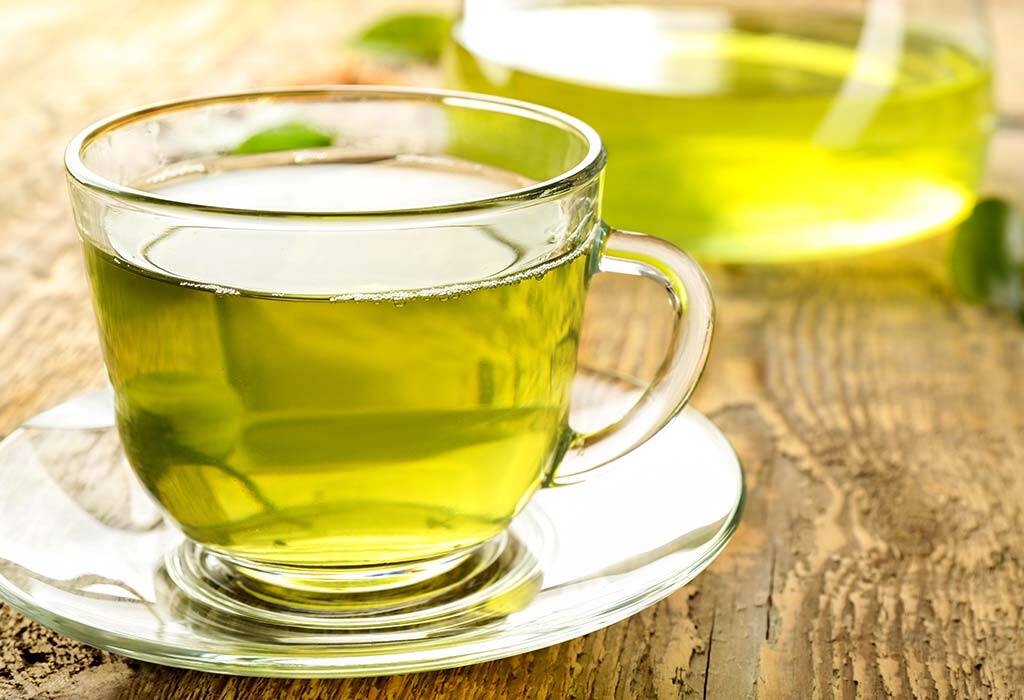Green tea is one of the healthiest beverage. It is considered to be an “anti-aging beverage.â€Â You’ve probably heard a lot about the health benefits of green tea — loaded with antioxidants and nutrients that are great for your body and mind.
In this article, you will learn about the health benefits of green tea and how you can drink it to enjoy it best (for its taste and benefits).
Why green tea?
Green tea has been used as a medicine for thousands of years, originating in China but widely used throughout Asia, this beverage has a multitude of uses from lowering blood pressure to preventing cancer.
READ ALSO:Â Vegetarian diet: Health benefits & tips
 The reason that green tea has more health benefits attached to it than black tea is due to the processing. Black tea is processed in a way that allows for fermentation whereas green tea’s processing avoids the fermentation process. As a result, green tea retains maximum amount of antioxidants and poly-phenols the substances that give green tea its many benefits.
11 health benefits of green tea (you didn’t know about)
Here’s a list of green tea’s amazing benefits — benefits that you may not have been aware of. Some of these benefits are still being debated, so please do your own research if you want to use green tea for medicinal purposes.
- Weight Loss. Green tea increases the metabolism. The polyphenol found in green tea works to intensify levels of fat oxidation and the rate at which your body turns food into calories. Check out this article if you want to find out more about this: Is Drinking Green Tea An Effective Way For Weight Loss?
- Diabetes. Green tea apparently helps regulate glucose levels slowing the rise of blood sugar after eating. This can prevent high insulin spikes and resulting in fat storage.
- Heart Disease. Scientists think, green tea works on the lining of blood vessels, helping keep them stay relaxed and better able to withstand changes in blood pressure. It may also protect against the formation of clots, which are the primary cause of heart attacks.
- Esophageal Cancer. It can reduce the risk of esophageal cancer, but it is also widely thought to kill cancer cells in general without damaging the healthy tissue around them.
- Cholesterol. Green tea reduces bad cholesterol in the blood and improves the ratio of good cholesterol to bad cholesterol.
- Alzheimer’s and Parkinson’s.It is said to delay the deterioration caused by Alzheimer’s and Parkinson’s. Studies carried out on mice showed that green tea protected brain cells from dying and restored damaged brain cells.
- Tooth Decay. Studies suggest that the chemical antioxidant “catechin†in tea can destroy bacteria and viruses that cause throat infections, dental caries and other dental conditions
- Blood Pressure. Regular consumption of green tea is thought to reduce the risk of high blood pressure.
- Depression. Theanine is an amino acid naturally found in tea leaves. It is this substance that is thought to provide a relaxing and tranquilizing effect and be a great benefit to tea drinkers.
- Anti-viral and Anti-bacterial. Tea catechins are strong antibacterial and antiviral agents which make them effective for treating everything from influenza to cancer. In some studies green tea has been shown to inhibit the spread of many diseases.
- Skincare. Green tea can apparently also help with wrinkles and the signs of aging, This is because of their antioxidant and anti-inflammatory activities. Both animal and human studies have demonstrated that green tea applied topically can reduce sun damage.
How much green tea should you drink?
These are some of the many benefits but the reality is one cup of tea a day will not give you all the abundant gains. The jury is out on how many cups are necessary; some say as little as two cups a day while others five cups. If you are thinking of going down this route, you may want to consider taking a green tea supplement instead (it would keep you out of the bathroom).
Credit: lifehack.org





